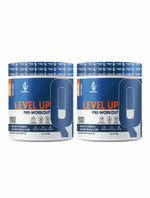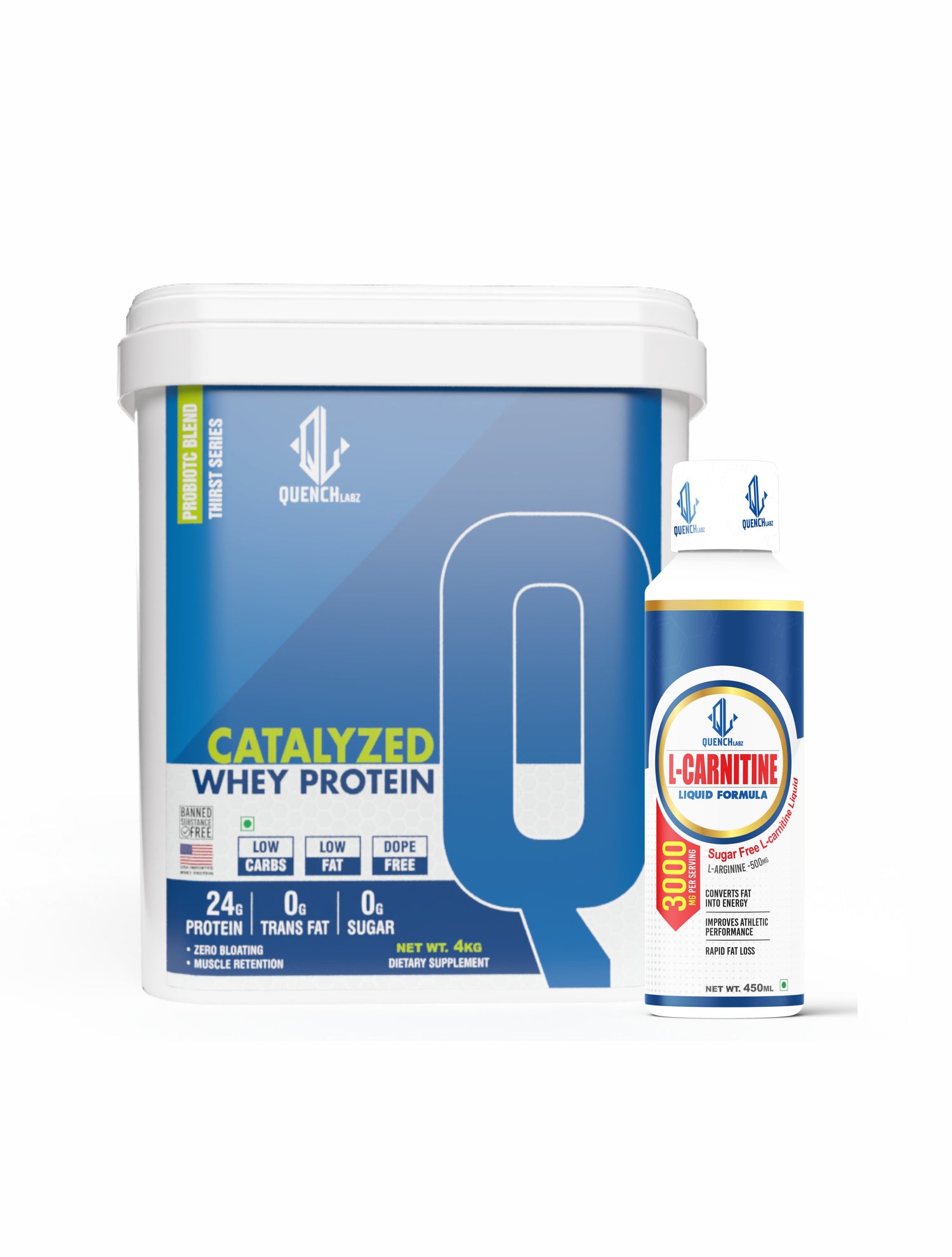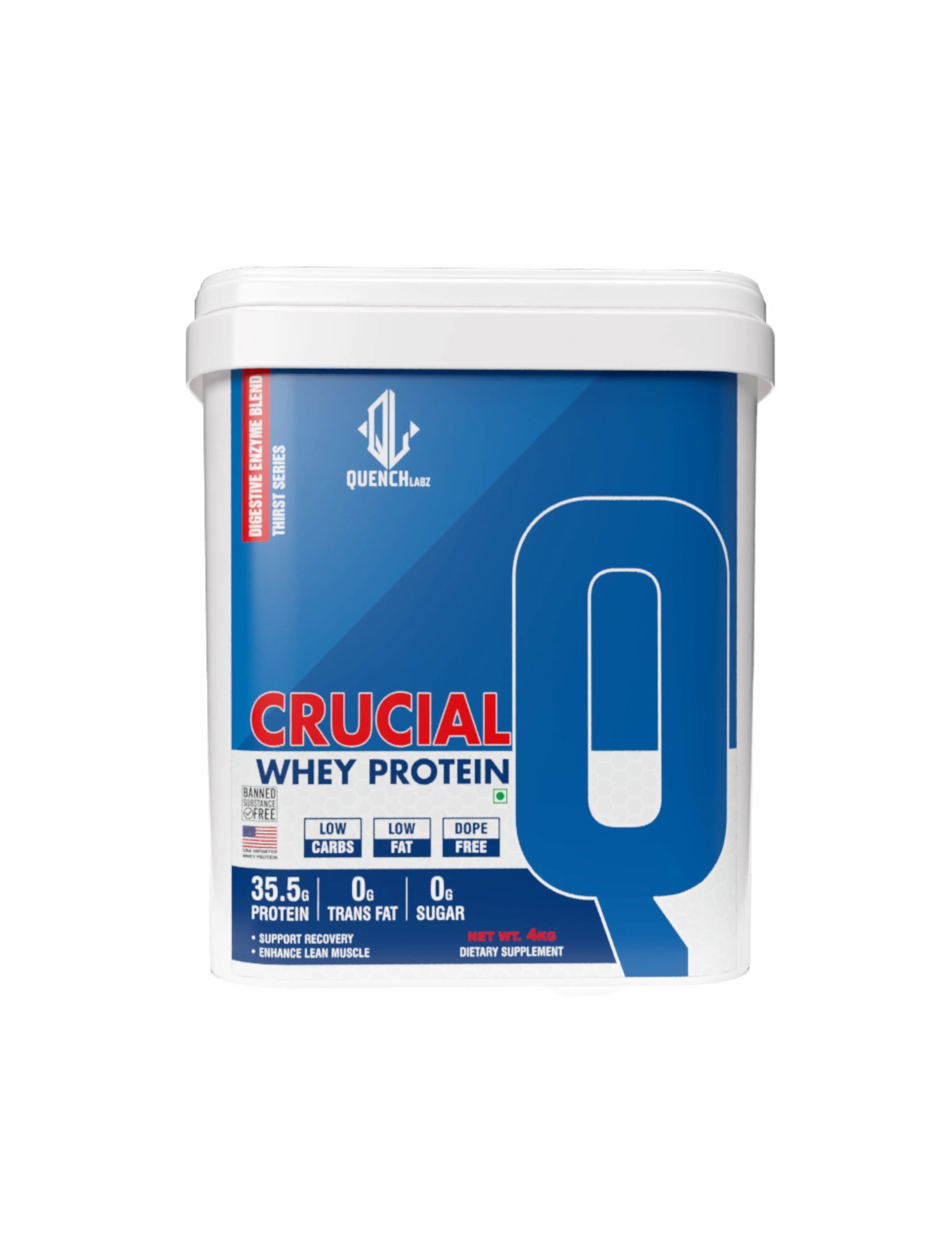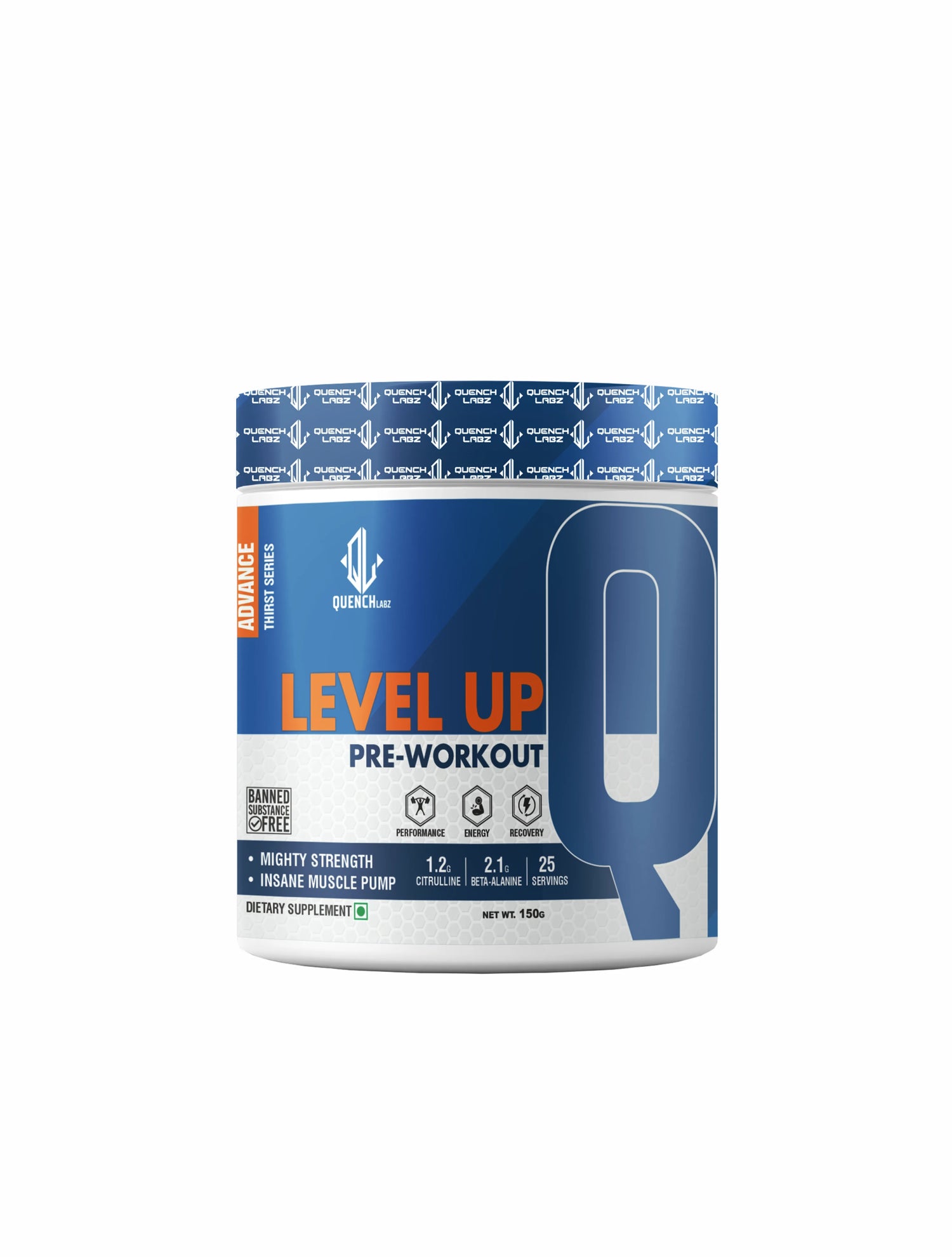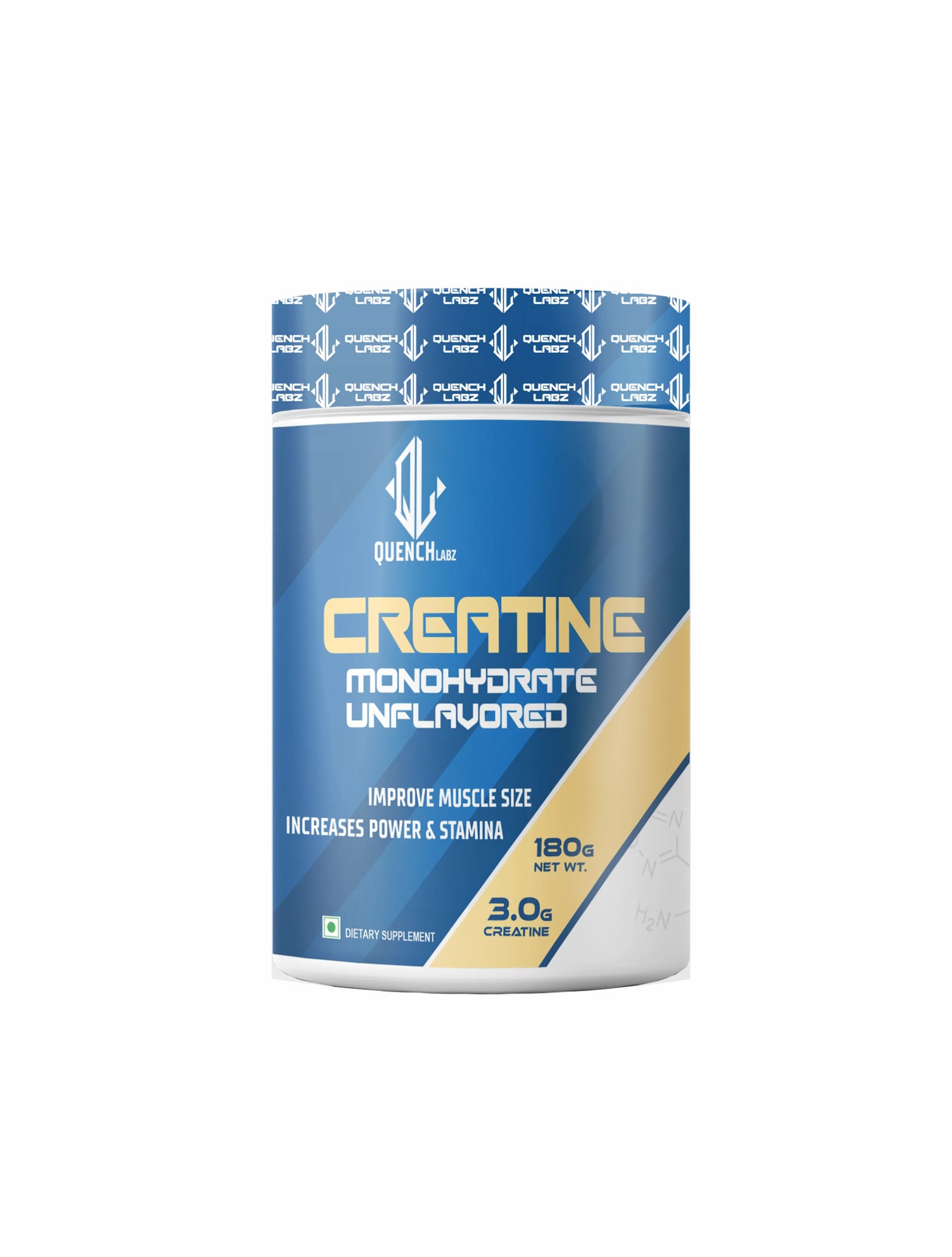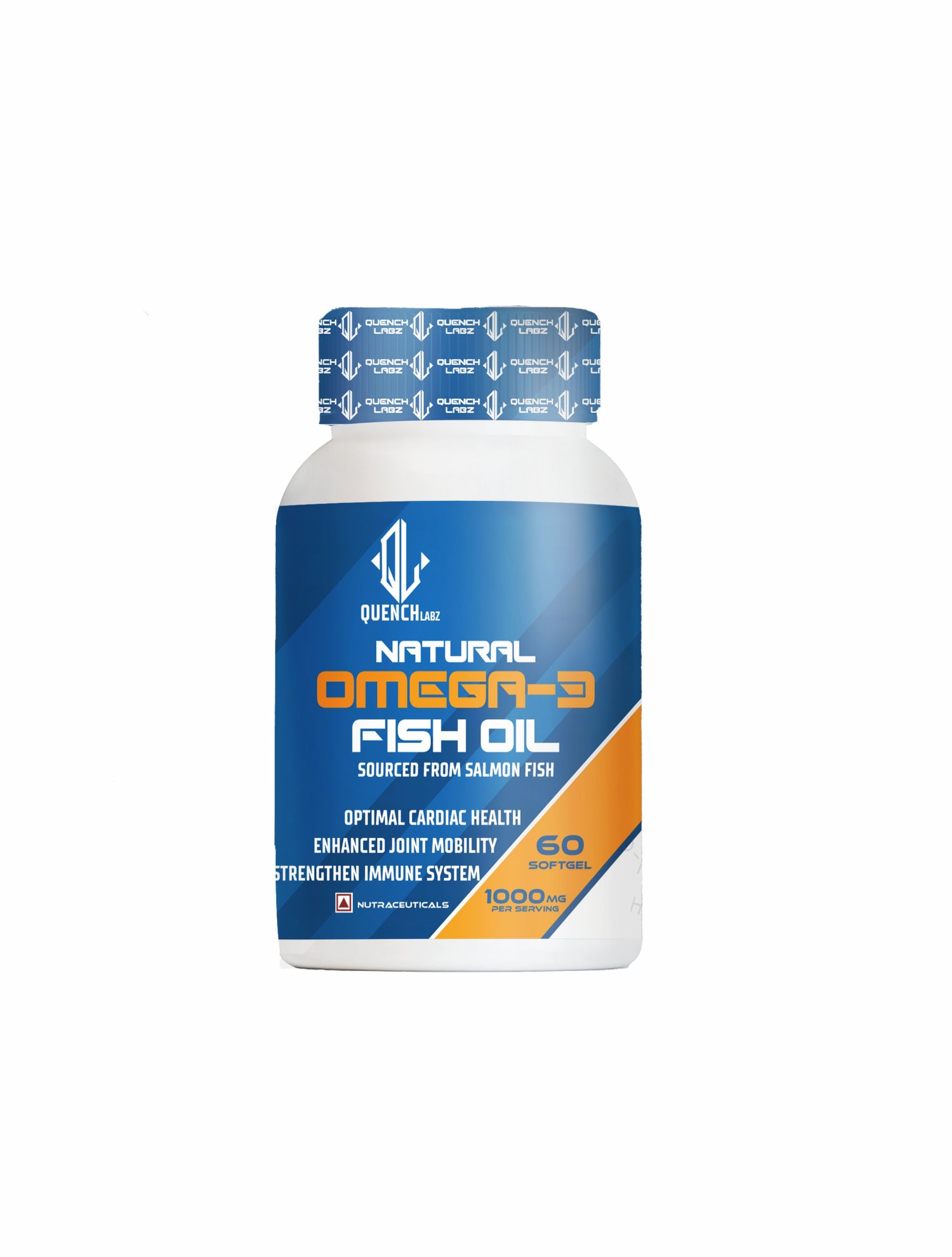et’s be honest—protein supplements have long been considered a “gym bro” thing. Shakers, bulging biceps, heavy lifting—whey protein just always seemed part of that world. But here’s the truth: whey protein isn’t just for men. And it’s not just for people trying to bulk up either.
In fact, whey protein can be incredibly beneficial for women, whether you're into fitness or just trying to stay healthy while juggling work, home, and everything in between. So if you're wondering whether whey protein is the right addition to your daily routine, keep reading. This guide covers what whey protein is, how it supports women's health, and how to use it effectively.
What Is Whey Protein, and Why Does It Matter for Women?
Whey protein is a high-quality, complete protein derived from milk during the cheese-making process. It contains all nine essential amino acids your body needs for muscle repair, hormone balance, and overall wellness.
Women often underestimate their protein needs. Whether you're working out regularly or just trying to maintain your energy levels throughout the day, protein plays a crucial role. It helps with:
-
Lean muscle maintenance
-
Bone strength
-
Immune support
-
Hair and skin health
-
Hormonal balance
That’s right—it’s not just about muscles. Protein, especially whey protein, is deeply tied to long-term health, especially as women age.
Top Benefits of Whey Protein for Women
1. Supports Lean Muscle Without “Bulking”
This is one of the biggest myths out there: “Whey protein will make me bulky.”
No, it won’t.
Women have lower testosterone levels, so unless you’re lifting extremely heavy weights and eating in a calorie surplus, you won't suddenly develop bodybuilder biceps. Instead, whey protein helps tone your body, build lean muscle, and support recovery—especially if you’re doing yoga, Pilates, cardio, or strength training.
2. Promotes Healthy Weight Management
Trying to lose fat or just maintain a healthy weight?
Whey protein can help. It promotes satiety, meaning it keeps you fuller for longer. That means fewer cravings, fewer late-night snacks, and more stable energy levels.
Studies show that higher protein diets help reduce appetite and preserve lean muscle during weight loss.
So if you’re on a weight loss journey, a scoop of whey protein in your smoothie or oats could actually support your goals more than skipping meals or cutting calories aggressively.
3. Supports Bone Health
Did you know that women are more prone to osteoporosis than men?
Protein plays a vital role in bone density, especially when combined with strength training and adequate calcium. Whey protein contains both essential amino acids and a small amount of calcium, helping support bone strength as you age.
4. Improves Skin, Hair, and Nails
Here’s where it gets even more interesting. Your hair, skin, and nails are all made of protein. A diet lacking in high-quality protein may lead to brittle nails, dull skin, and hair thinning.
Whey protein—rich in cysteine, an amino acid—can actually help promote stronger hair, clearer skin, and healthier nails.
5. Hormonal Support and Mood Stability
Protein-rich diets can help with hormonal balance, blood sugar control, and even reduce mood swings. Whey protein supports the production of neurotransmitters like serotonin, helping with emotional regulation—especially during menstrual cycles or perimenopause.
So yes, that post-workout shake may actually be helping your mental game too.
How to Use Whey Protein as a Woman
The best part about whey protein is how easy and versatile it is to use.
-
Morning Shake: Mix with almond milk, banana, and oats for a balanced breakfast.
-
Post-Workout: Blend it with water or milk within 30 minutes after your workout to support recovery.
-
Midday Snack: Stir into Greek yogurt or blend into a smoothie to keep afternoon cravings at bay.
-
Baking: Add a scoop to pancakes, muffins, or homemade protein bars.
Aim for 20–25 grams of protein per serving, depending on your fitness goals.
Choosing the Right Whey Protein for Women
Not all protein powders are created equal. When shopping, look for:
-
Whey Protein Isolate: Ideal if you’re lactose intolerant or want fewer carbs/fats.
-
Whey Protein Concentrate: Slightly more affordable, with some healthy fats and carbs.
-
Low sugar or naturally sweetened
-
No artificial fillers or thickeners
-
Third-party tested or certified for quality
QuenchLabz, for instance, offers whey protein powders tailored to both beginners and athletes, with high protein content and clean ingredients.
Real Talk: Do You Need Whey Protein?
Let’s put it this way—if you’re hitting your daily protein target (about 1.2–2g per kg of body weight depending on activity level) through whole foods like eggs, chicken, tofu, and legumes, you’re doing great.
But let’s face it: between meetings, chores, gym sessions, and social life, it’s not always easy to eat that much protein. That’s where whey protein comes in. It’s not a shortcut—it’s a tool to make your nutrition easier, faster, and more effective.
FAQs: Whey Protein for Women
Q1: Is whey protein safe for daily use by women?
Yes! It’s completely safe for most women and can be taken daily as part of a balanced diet.
Q2: Can whey protein cause hormonal imbalance?
No, high-quality whey protein doesn’t cause hormonal imbalance. In fact, it may support hormone health by stabilizing blood sugar and supporting lean muscle mass.
Q3: Should women take whey protein even if they don’t work out?
Yes. Whey protein can help meet daily protein needs, support hair/skin health, and maintain metabolism—even if you’re not hitting the gym daily.
Q4: Will whey protein make me bulky?
Not at all. Whey protein helps build lean muscle, not bulk—unless you're training intensely and eating a calorie surplus.
Q5: What’s better for women—whey isolate or concentrate?
Both are good. Whey isolate is better for lactose-sensitive individuals or if you’re watching your carb intake. Whey concentrate is great if you want a more balanced and affordable option.



